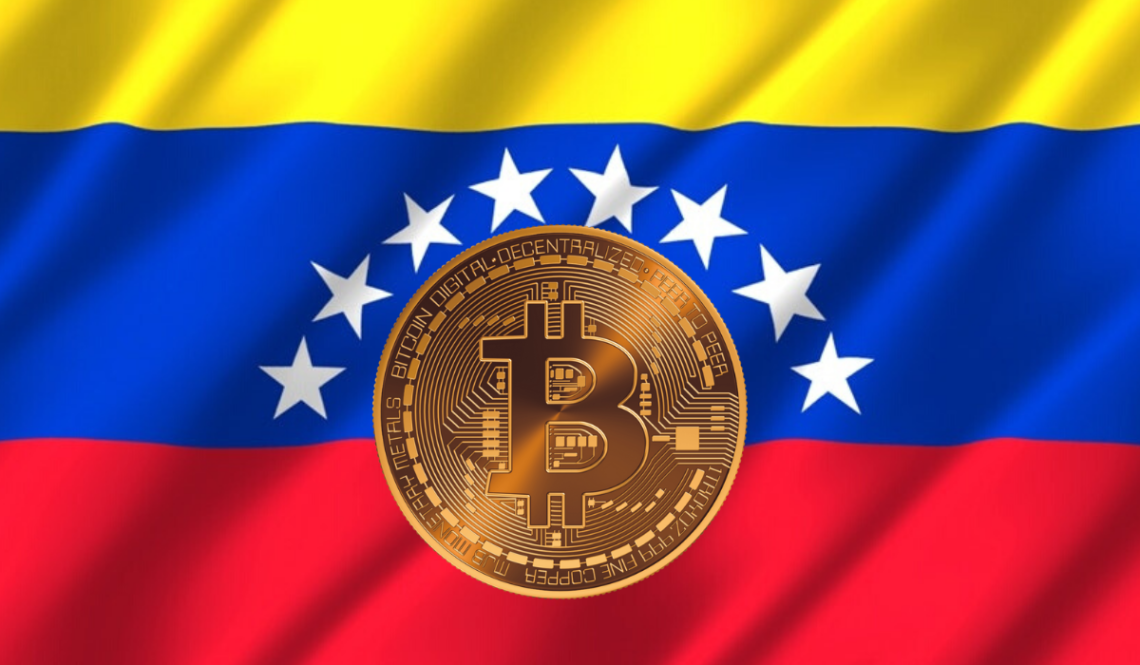- President of Venezuela announced an anti-sanctions law on accepting cryptocurrency
- The country has opted to create the exchange as a part of new measures in a bid to avoid tough U.S. sanctions
- The new Exchange is as decentralized as possible within the legal framework
It seems that now the oil-rich South American country Venezuela, has set its sight on virtual currency. Nicolas Maduro, President of Venezuela, announced an anti-sanctions law on accepting cryptocurrency. He mentioned that the country will now start using cryptocurrencies in both domestic and global exchanges, built atop the ETH blockchain.
Enabling under a new law, the country has opted to create the exchange as a part of new measures in a bid to avoid tough U.S. sanctions. The Decentralized Exchange will use digital versions of traditional financial assets and instruments.
Venezuela’s President committed to Stimulating national Economy
Nicolas Maduro announced the creation of Anti-Blockade Law for national development and entrusted the guarantee of human rights. Nicolas has passed the Anti-Sanctioned law aiming at social and economic development of the country, which is paralyzed by the U.S. sanction. The launch of this Exchange will stimulate a national economy that has been wounded by seven separate executive orders, from the US President presidents.
Nicolas Maduro stated to Bloomberg that the Central Bank of Venezuela and the finance minister have new instruments, which will be activated soon, with the help of these instruments, anyone can do banking transactions, whether it is a national or international payment, and now Venezuela is working within the cryptocurrency world. Nicolas also mentioned that the law promotes the use of all cryptocurrencies, as a way to protect the country’s financial sovereignty. He said that to give new strength to the use of Petros (state-backed crypto token) and other cryptocurrencies, national and global, in domestic and foreign trade, the anti-sanctions law is the first response.
The Decentralized Stock Exchange of Venezuela is established
The BDVE Exchange built Venezuelan investors to trade stocks, bonds, and real estate in digital form. According to Venezuela’s government, the new Exchange is as decentralized as possible within the legal framework. They also mentioned that all contracts and protocol are public and auditable, and each participant will have their own keys and tokens as per the law. According to the operational manual, the Exchange is a DeFi platform and will run on the Ethereum blockchain, digitizing traditional assets utilizing the ERC-223 and ERC-721 token standard. So, they can allow trading without a centralized intermediary.
For 90 days the exchange will undergo trial for whether it can hold the crypto reserve or not, during which time authorities will decide whether to approve or revoke its trading license, which is authorized by the office of National Securities Superintendence. The immediate targets include BTC and ETH. Manuel Aaron Fajardo Garcia, one of the project leader’s, mentioned that the Exchange will act independently and will have a peer-to-peer secondary market.
It is also specified after the news of legalization of crypto mining in Venezuela, that private operations must all work through a pool controlled by the Venezuelan government. Against a geopolitical backdrop, this deFi experiment is another in a long line of blockchain trials.
Join The Coin Republic’s Telegram Channel for more information related to CRYPTOCURRENCY NEWS and predication.
Steve Anderson is an Australian crypto enthusiast. He is a specialist in management and trading for over 5 years. Steve has worked as a crypto trader, he loves learning about decentralisation, understanding the true potential of the blockchain.


 Home
Home News
News










